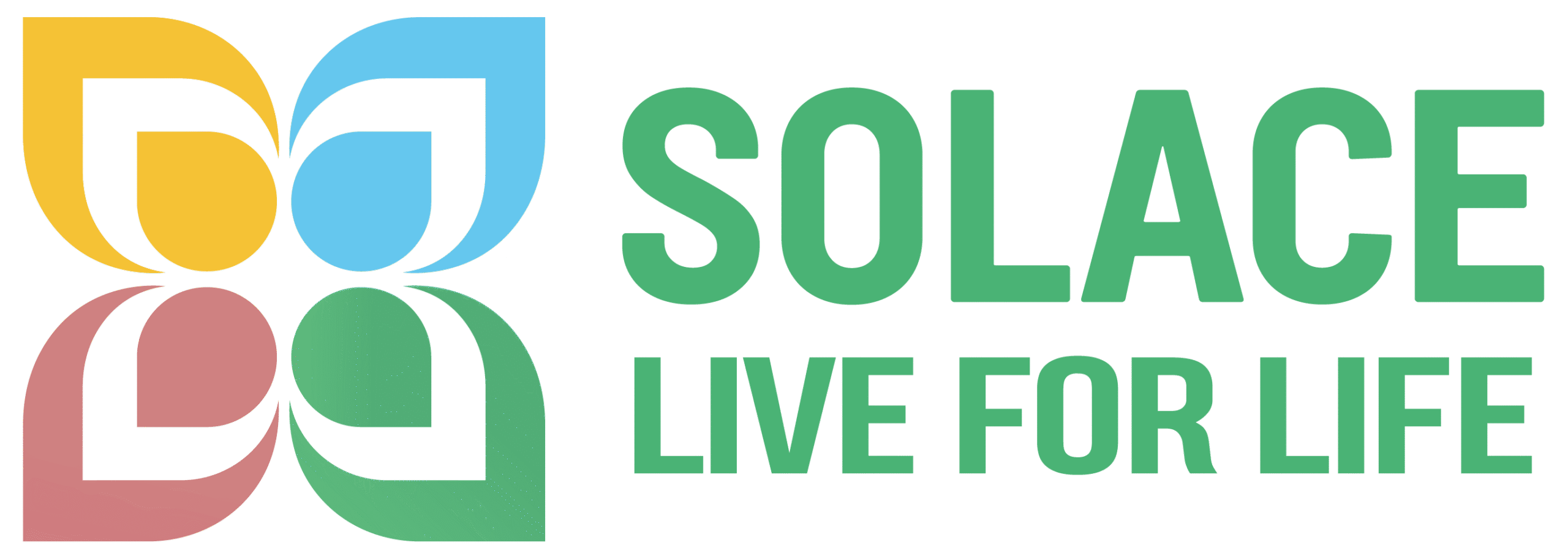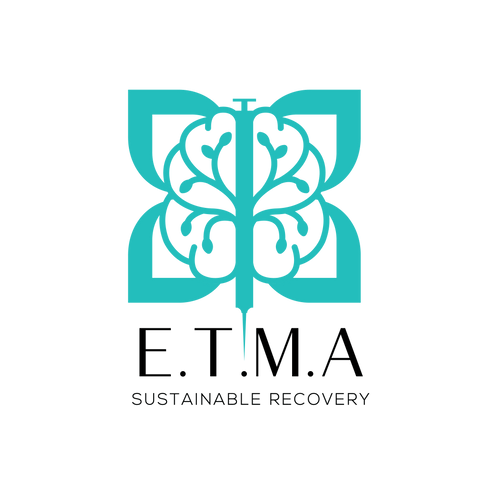Global Yet Local Rehab
Language based treatment at Solace
At Solace Asia, we endeavor to present the most personalized experience for people seeking recovery. This includes the use of the patient’s native tongue, or primary language of communication.
In South East Asia, the most common languages used are Bahasa Melayu, Mandarin, Cantonese, Tamil and English. The only other treatment centers in Asia are all focused on delivering therapy using English, irrespective of whether the person can fully comprehend to gain the value of the therapeutic setting.
We acknowledged this program and have brought together a language first treatment program, the first of its kind in the world.
The table below shows how we have broken down treatment in these aspects:
| Therapies | Languages offered at Solace Sabah | |||
|---|---|---|---|---|
| English | Bahasa Melayu | Mandarin | Cantonese | |
| 1-1 Counselling | YES | YES | YES | YES |
| Group Therapy | YES | YES | YES | YES |
| Family Sessions | YES | YES | YES | YES |
| Inter Personal Group | YES | YES | YES | YES |
With the capability of delivering end to end treatment programs in a native language, we give people seeking recovery a greater chance at imbibing the program and building effective tools without the barrier of language.
We have qualified therapists who speak the above languages at ease; they are native speakers as well. This enables us the build strong therapeutic alliances with the patients and work towards the best treatment outcomes for them.
This along with cultural sensitivity makes us stand out in treatment effectiveness with other treatment centers around the world.
Interpretation:
At Solace, we also employ Medical Interpretation Services for patient communication. This helps us connect to patients from Arabic, Japanese and Korean backgrounds.
We are a member of NCIHC, the National Council on Interpreting in Health Care.
This enables us to ensure our interpreters are trained to the following and that the Interpreter needs to understand their own attitudes toward mental health work, their own psychological triggers, their own attitudes toward torture, trauma,
abuse, etc.
How is mental health interpreting different from straight medical interpreting?
Communication is the entire show – both for diagnosis and treatment.
- Must have prior training as interpreters before training for mental health.
- Must have a good command of simultaneous interpreting as well as consecutive.
- Clinicians sometimes ask questions without caring about the content of the answer; they are wanting to measure affect and tone of response. Cultural issues are so very important.
- Interpreters MUST be self-aware so that they don’t impact the communication with their own biases.
- Interpreters MUST pay careful attention to the form of the message.


